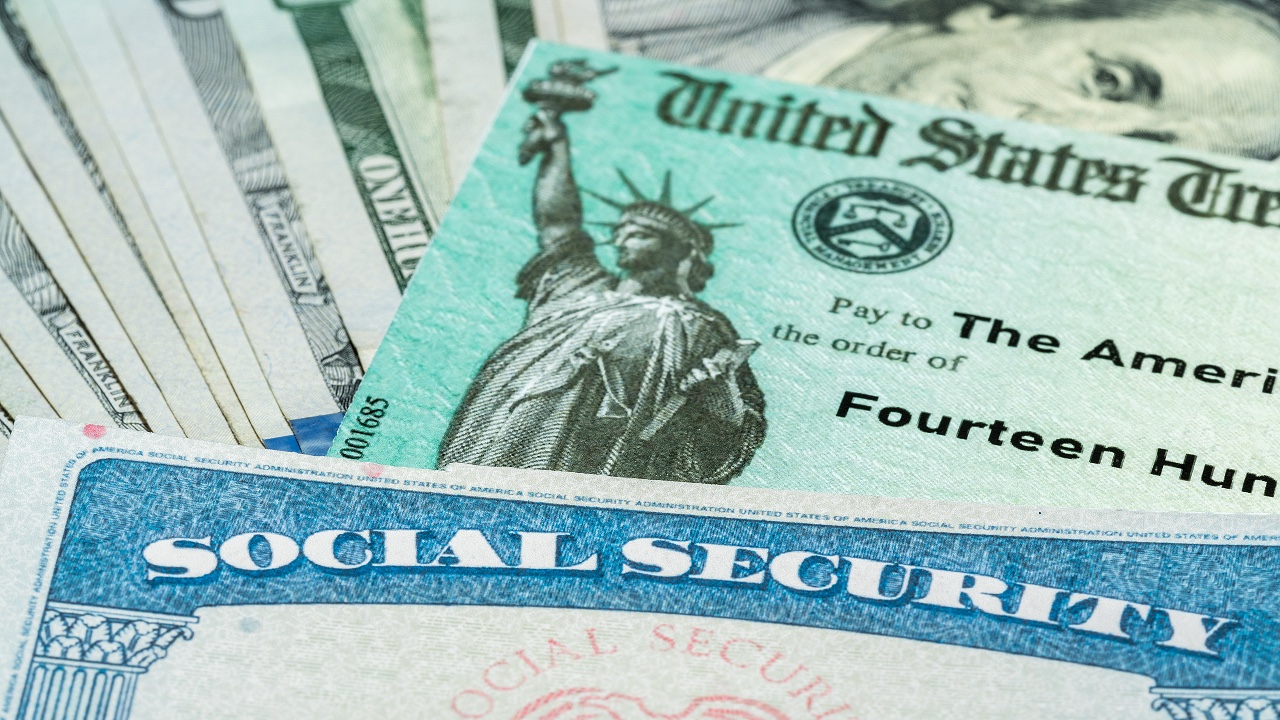A November Surprise? What You Need to Know about Your Final Social Security Payments

Millions of Americans receive Social Security payments, relying on the income to help them get through the month. A weird quirk in the system means some recipients will get two payments in November.
At first glance, this might sound like a surprise gift, after all, who doesn’t like extra money? But it’s important to know it’s not a double payment. Those who receive two deposits in November will not see an additional one in December. It’s not a trick or slight of hand, either. There’s a very rational explanation.
Here’s who will be affected and what you can expect in the next two months.
What Payments Are Affected?
One of Social Security’s programs, called Supplemental Security Income (SSI), pays out a monthly stipend to the disabled or elderly who have little or no income.
Approximately 7.4 million Americans who collect the benefits will be affected in November. But why is this happening? There’s a very simple explanation.
How Social Security Issues the Payments
The payments are typically issued on the first of every month. However, there are exceptions to the rule. If the first of the month falls on a weekend, for example, that payment is moved back. That’s exactly what is happening in November.
December 1st falls on a Sunday, so December’s payment will be deposited on November 29.
So What Happens in December?
Because the December deposit lands on November 29, there will not be an additional deposit in the final month of the year. This doesn’t mean that anyone is being shorted.
Those affected are just receiving the money a little bit earlier than expected because of the weekend. The good news is the money is coming on Black Friday, so if you plan to get out and do some shopping, you’ll have the extra funds to do so. Consider it an early Christmas gift.
It’s important to note this only affects SSI recipients. Regular Social Security payments will go out as scheduled.





